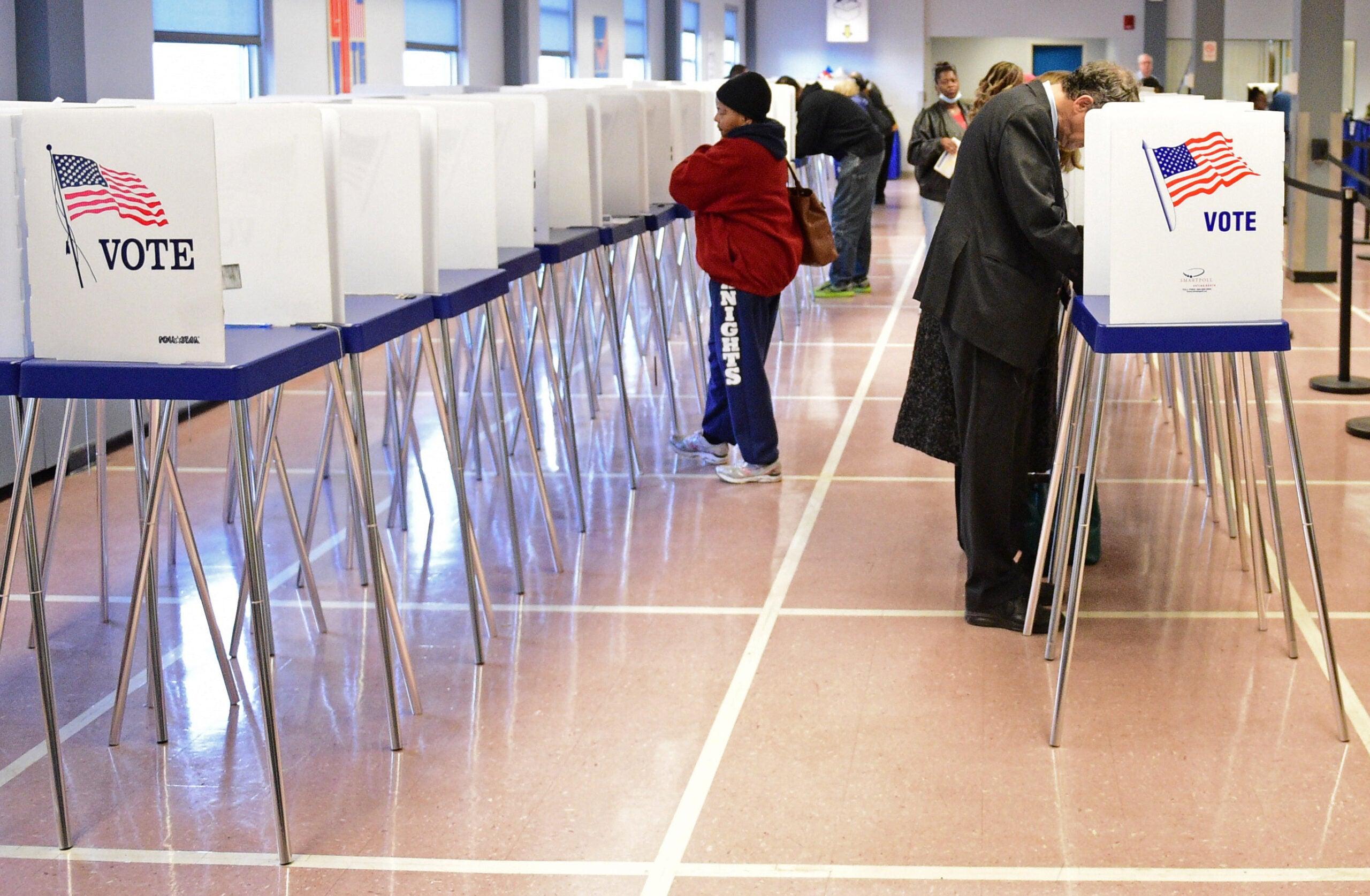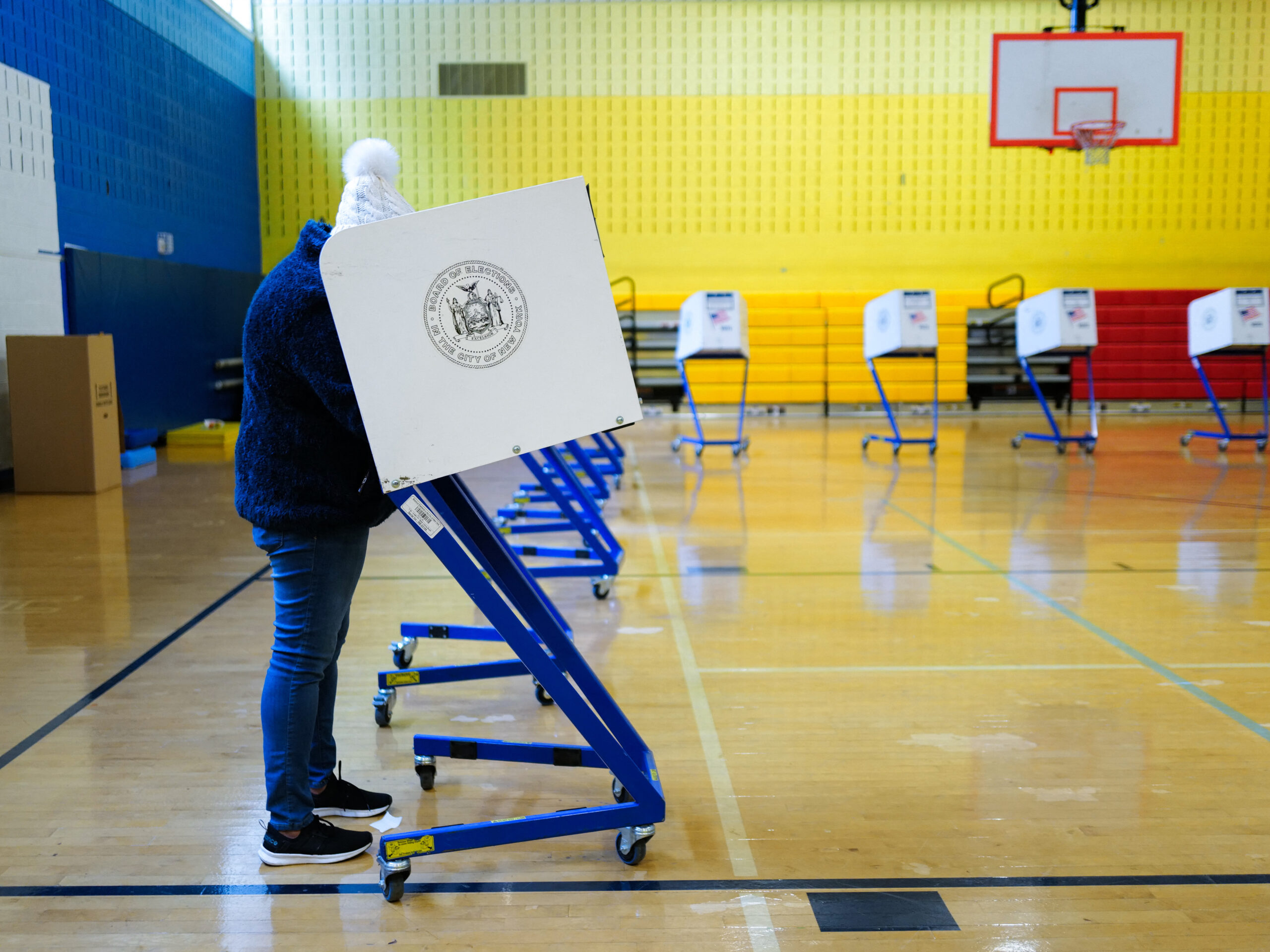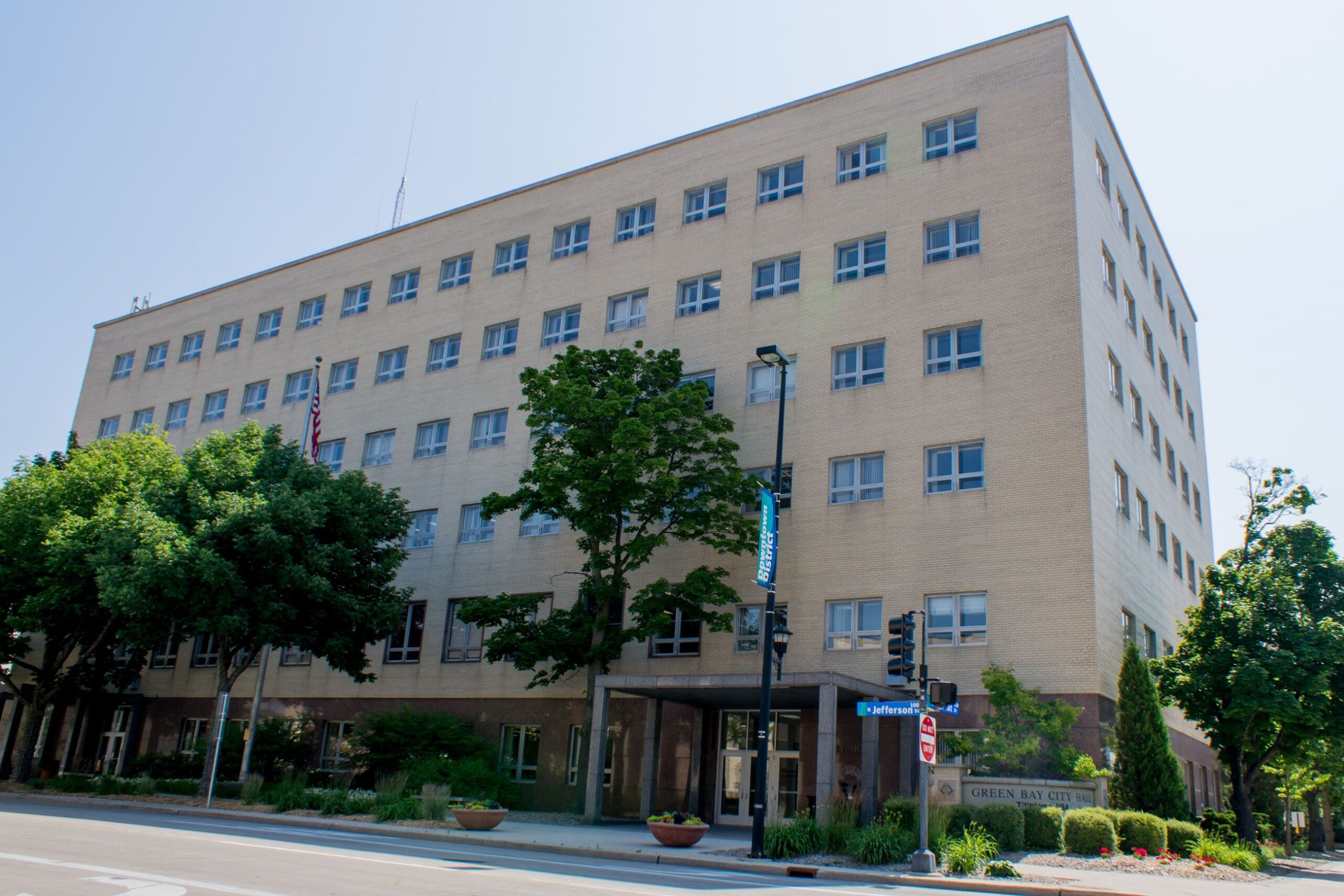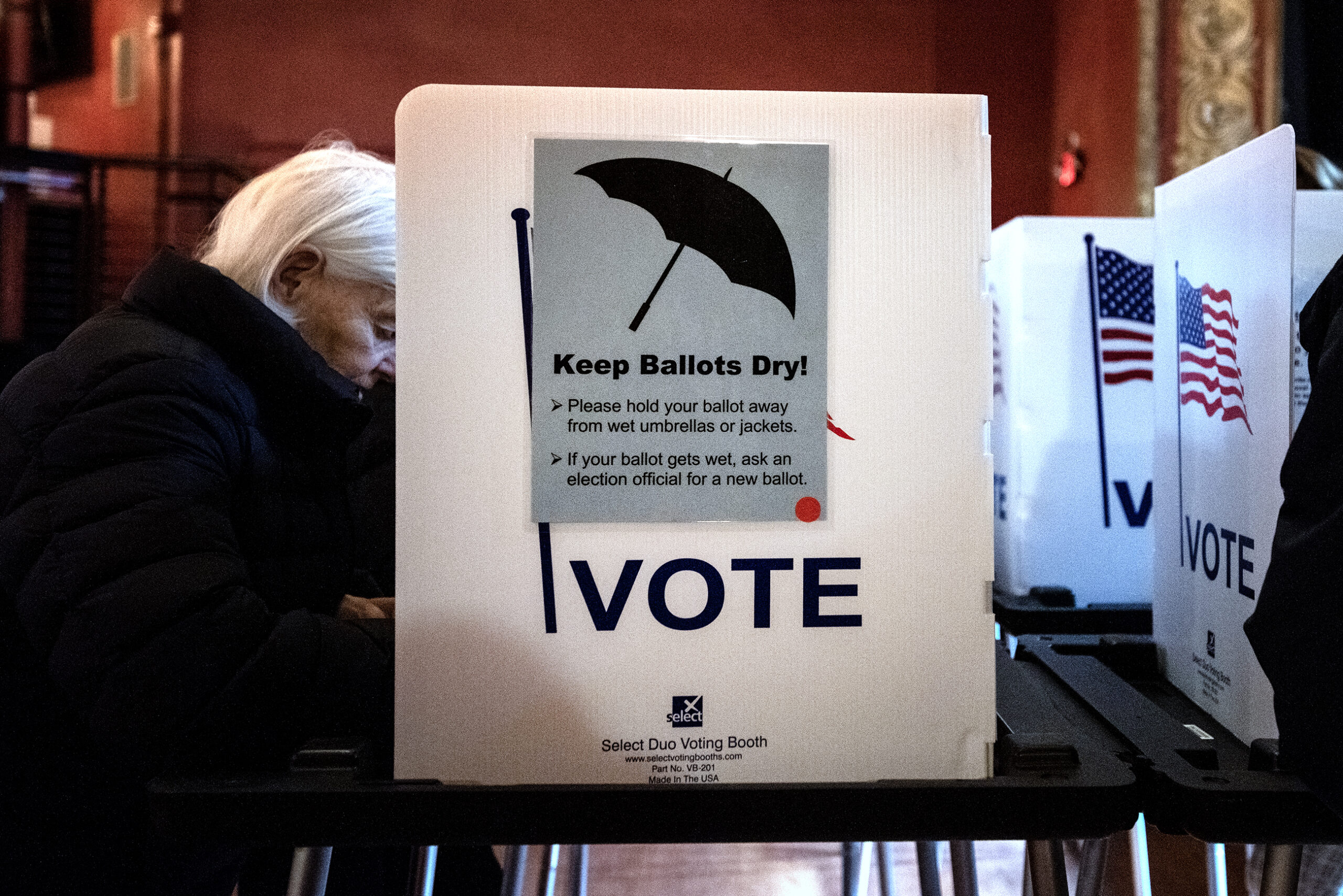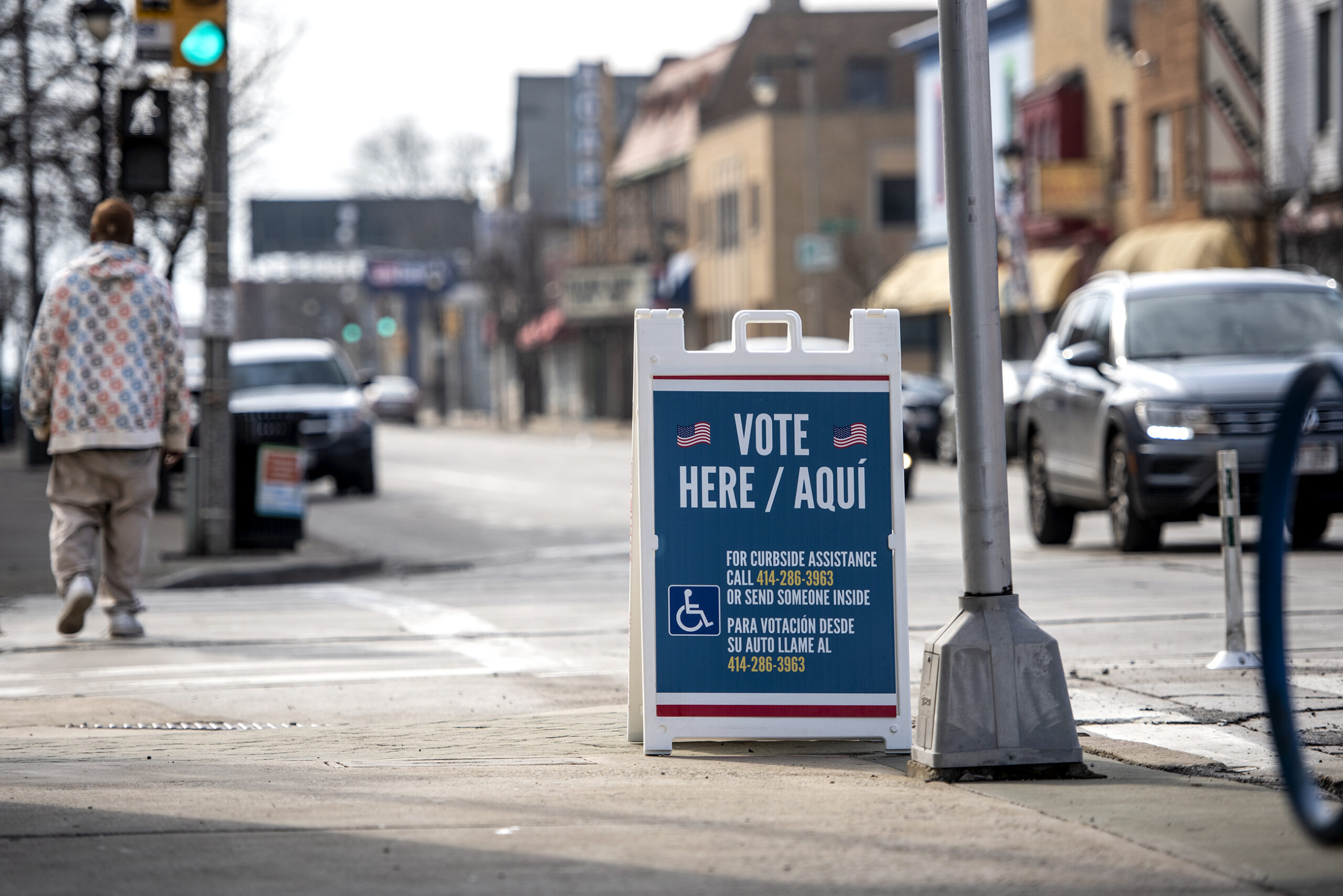Researchers with the University of Michigan say there is no evidence hacking affected the outcome of Wisconsin’s presidential vote count.
University of Michigan political science and statistics professor Walter Mebane and graduate student Matt Bernhard studied the 2016 election and recount results along with voting records in Wisconsin and Michigan.
Intelligence officials have been reporting there is no evidence voting machines were hacked, but Mebane noted they hadn’t examined them.
Stay informed on the latest news
Sign up for WPR’s email newsletter.
“Instead of saying there’s no evidence that nothing bad happened, we can say that there is evidence that in a sense a good thing happened, which is the election outcomes reflected what the voters actually did,” Mebane said.
If there was tampering, Bernhard agreed it didn’t affect the outcome of the election.
“I do think there were cyber operations on behalf of the Russian government and perhaps other actors as well … that were intent on interfering with the election results and affecting the outcome of the election,” Bernhard said. “But, what I mean when I say, ‘the election wasn’t hacked,’ is I mean that nobody put malware on voting machines that flipped votes or changed votes to the extent that it changed the outcome of the election.”
The two determined their findings by studying whether recount results remained the same, gave more votes to Democratic nominee Hillary Clinton or resulted in more votes for now-Republican President Donald Trump. Mebane said the results showed no detectable difference in the outcome. He noted they did encounter complications with assessing results with the variability between hand counts and machine tabulations.
State elections officials told the Milwaukee Journal Sentinel there’s been no evidence of Russian interference in Wisconsin. Officials in northern Wisconsin noted a small increase in Russian traffic on their websites last year, but there’s no evidence to suggest any impact to voting devices or the election.
Bayfield County Clerk Scott Fibert said the research should give voters confidence in the results.
“Everything’s vulnerable, and we constantly have to keep an eye on things and watch other processes, which is precisely why I kept the ballot in my county,” said Fibert. “Because I know that in the end, we’re going to know. We got the answer in the recount because I had an actual physical ballot, and, because I have that, I know the voters will be satisfied in the end.”
Still, Bernhard insisted elections are incredibly vulnerable. Both he and Mebane recommend election officials conduct risk-limiting audits where a small sample of paper ballots or voting records are counted to verify the outcome.
Long-term, Bernhard said all voting machines should be replaced because of their vulnerability to cyber-attacks, calling them “woefully insecure.”
Fibert said the county has begun to plan for replacement of voting machines within the next three to five years. But, he contended the state requires certification of all machines to ensure the integrity of the electoral process. He added that voting machines like the M100 tabulator used in Bayfield County have cards that are programmed elsewhere, which are tested before the election.
Even so, Mebane noted software exists that could be installed on machines that will not register during a test, only becoming active during the election and then erasing itself to leave behind no trace.
“I do not think that people in Wisconsin — poll workers, county clerks, volunteers — did anything wrong. I believe more than anything that they are doing the best they can to do everything right,” Bernhard said. “But, at the end of the day, it’s just not enough. We need to focus more resources on this to actually solve the problem.”
Bernhard noted some cities across the country are using free software called STAR-Vote that use cryptography and risk-limiting audits to make voting machines more resilient to cyber-attacks or hacking.
Despite vulnerabilities that may exist, Fibert said there were no issues with machines in Bayfield County.
“It was a nonevent in Bayfield County,” he said. “We want to make sure people have that feeling of comfort that the systems work instead of the other way around, especially when we went through all this trouble to prove it.”
Wisconsin Public Radio, © Copyright 2024, Board of Regents of the University of Wisconsin System and Wisconsin Educational Communications Board.

